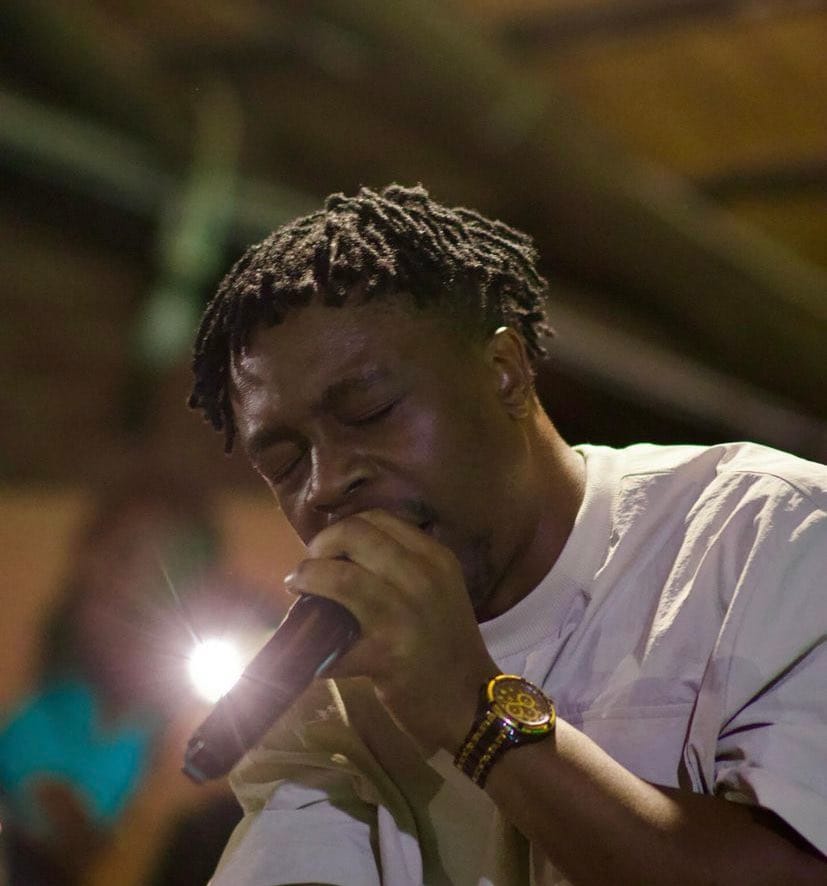Holy Ten’s NAMA Snub: A Coincidence or a Deliberate Omission?

Year after year, award season in Zimbabwe arrives with its predictable chorus of cheers, debates and inevitably controversies. But few absences ring as loud as Holy Ten’s continued omission from the National Arts Merit Awards (NAMA). This is not an artist struggling for relevance.
This is not a one-hit wonder who fizzled out after a fleeting moment in the sun. Holy Ten has been, without argument, one of the most dominant forces in Zimbabwean music since his breakthrough in 2020 with Ndaremerwa.

Forget the nostalgia. Even if we confine ourselves to recent history—2023 and 2024—his numbers, impact, and cultural presence make a compelling case. Two albums in 2023, The Book of Malachi and The New Bhundu Boys, gifted us hit records like Ucharamba Uchipisa, Pressure and Delilah which was a hit single later during the same year. He did it again in 2024 with Risky Life 2 and Proud Father, stamping his authority with chart-toppers like Banga and Kilimanjaro. And yet, despite this streak of undeniable dominance, the artist remains conspicuously absent from Zimbabwe’s biggest awards stage.
The Submission Excuse: A Convenient Cop-Out?
One of the first defenses that emerged after this year’s nominations were released was the possibility that Holy Ten simply didn’t submit his work for consideration. But NAMA itself has countered this, stating that their industry monitors ensure that the best-performing artists receive recognition—submission or not.
If that’s the case, how does an artist who arguably outshone even Zimbabwe’s perennial titans Jah Prayzah and Winky D get overlooked, yet again?
The Holy Ten Dilemma: Controversy vs. Art
Holy Ten has never been one to play it safe. His music is raw, provocative and at times, polarizing. His public persona follows suit. From staged publicity stunts to eyebrow-raising political engagements, his approach to the game is anything but conventional. But should that disqualify his artistic contributions?

Is his snub an artistic judgment or a moral one? Does the gatekeeping extend beyond music into personal and political choices? And if so, are we comfortable with that? Should awards be about personal conduct or artistic merit?
A Call to the Fans
Ultimately, awards do not define an artist’s greatness, impact does. But recognition, or the lack thereof, shapes narratives. And Holy Ten’s continued exclusion from NAMA poses a question not just to the organizers, but to the fans and the industry at large.

Is this a case of an artist being too big to ignore but too controversial to reward? Or is there another layer to the story we haven’t yet unraveled? More importantly, what do you think?

Comments ()